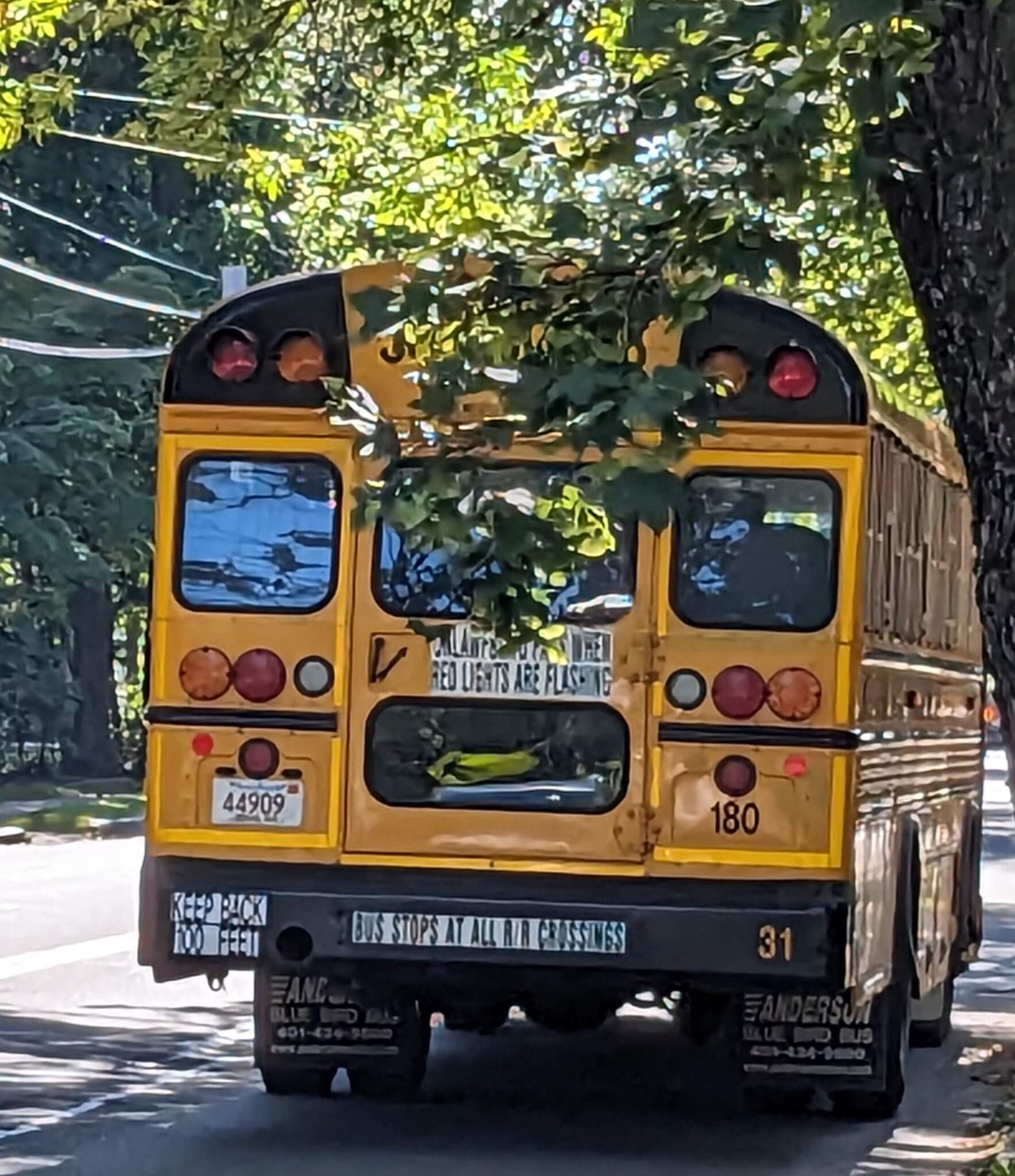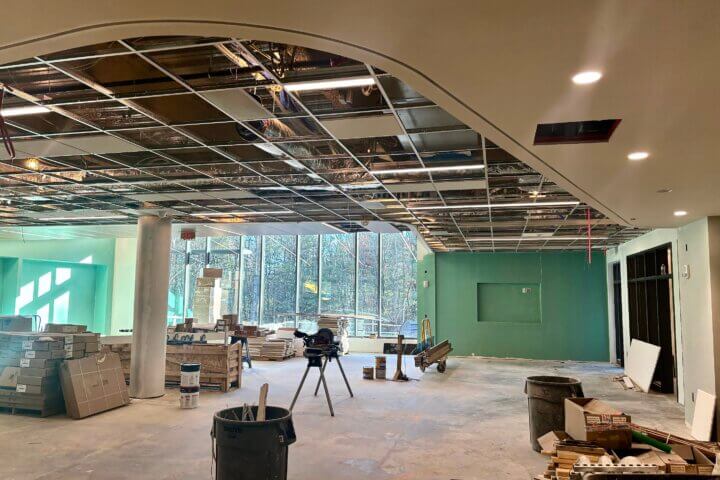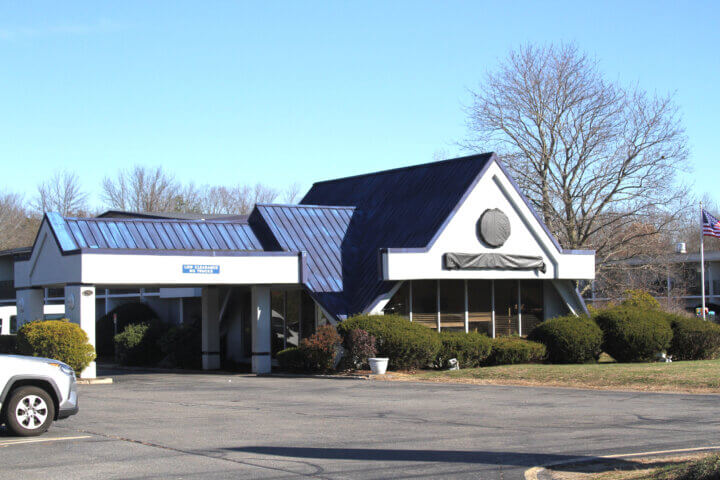As Concord students settle into their back-to-school routines, school leaders are seeking solutions to an open question: how to handle mounting transportation costs for students residing at the Best Western emergency shelter.
When the shelter opened its doors to homeless and migrant families in March, Concord was legally required to transport students who chose not to enroll locally to their school districts of origin.
This cost Concord Public Schools (CPS) and Concord-Carlisle Regional School District (CCRSD) an unanticipated $95,000 last spring, Chief Information Officer Thomas Lucey said.
While the state has promised to subsidize most, if not all, of these expenses, the timing of that reimbursement is problematic, Superintendent Laurie Hunter explained in a Joint School Committee and Finance Committee meeting this summer.
Reimbursement for the $95,000 won’t arrive until June 2024 and reimbursement for the current school year isn’t expected until June 2025, she said — leaving the districts scrambling for funds in the meantime.
“By the time we get any reimbursement… we’ll have expended some $300,000 dollars unbudgeted,” Hunter said. “We don’t have a [budget] line item for homeless transportation… so that’s really concerning.”
Hunter is collaborating with state Rep. Simon Cataldo (D-Concord) and Town Manager Kerry Lafleur to brainstorm solutions to this “cash flow problem,” she said, adding that Cataldo is “trying to really bring [the issue] to light at the State House.”
If nothing changes, Hunter said CCRSD must tap into excess and deficiency funding, which Assistant Superintendent of Finance and Operations Robert Conry described as “essentially the free cash that the High School Regional School Committee is allowed to carry.”
Transportation costs at CPS far outweigh those at CCRS, however.
“At CPS, the only option we have is a multi-step process to get our way to access more circuit-breaker [funding] that we’re trying to actually carry over for special education tuition,” Hunter said, “which isn’t a great fiscal management plan.”
CPS and CCRSD have 42 buses in total, Lucey said in a statement. A fleet of private van companies transport students from the shelter to their home districts.
Last fiscal year, the schools spent $1.2 million per year on out-of-district transportation, and over $2.2 million on in-district transportation. Special education transportation accounts for over $1 million between the two districts, Hunter said.
“Ultimately, we believe that the solution [will] require action by the state,” Lucey said.






